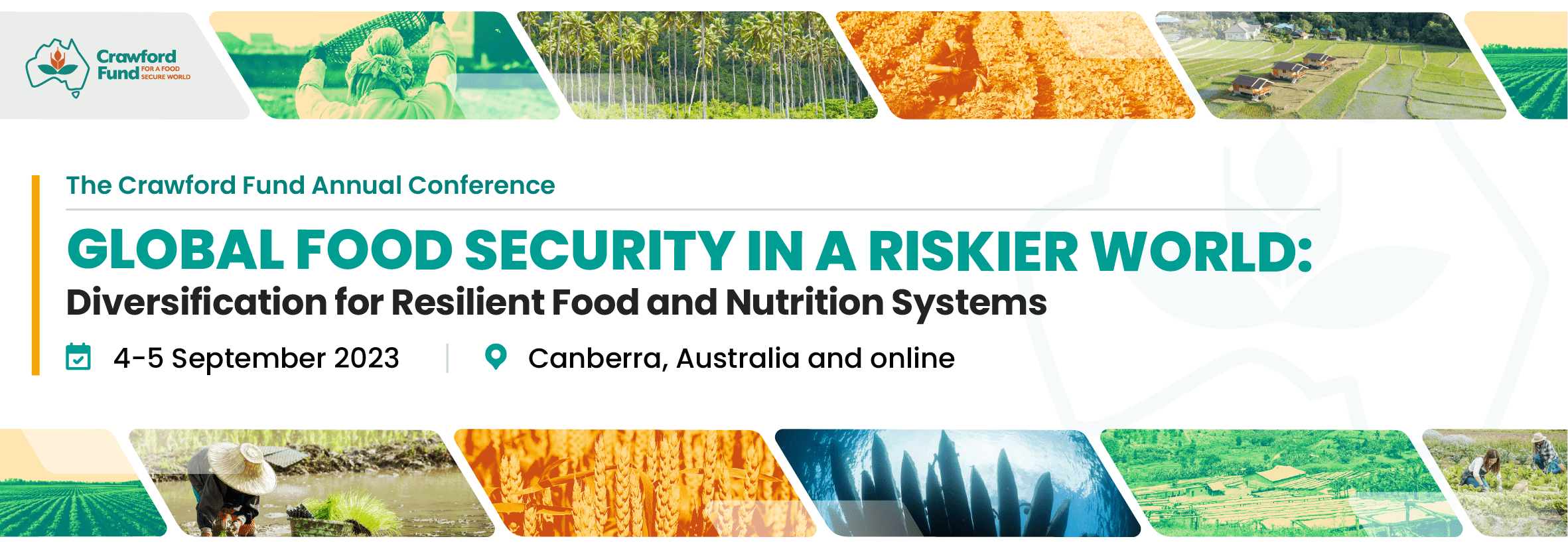


Emeritus Professor Kym Anderson AC
Crawford Fund Medalist
Emeritus Professor Kym Anderson AC FAAEA FASSA DFAARES DFESA has contributed to economic development in the overlapping fields of international trade and political economy, with a strong focus on agriculture and products of importance to developing economies. His work and outputs, prodigious and varied, have been widely recognised for its quality and significance, in Australia and abroad including by leading international agencies.
Kym is the George Gollin Professor Emeritus in the School of Economics and Public Policy, and formerly foundation Executive Director of the Centre for International Economic Studies at the University of Adelaide, where he has been affiliated since 1984; and he is an Honorary Professor at the Australian National University’s Arndt-Corden Department of Economics where he was a Research Fellow during 1977-83 and a part-time Professor of Economics during 2012-18.
He has held senior research leadership positions at the World Trade Organization and the World Bank; and a large number of significant research advisory positions, including in Australia. He is highly respected internationally for his knowledge, understanding and leadership, with an excellent citation rate that indicates his international leadership in agricultural economics.
Kym has also played major roles on the ACIAR Commission and Policy Advisory Council and has chaired the Boards of the International Food Policy Research Institute (IFPRI) and the International Centre of Insect Physiology and Ecology (icipe).
Emeritus Professor Kym Anderson AC – SESSION 3, 5 September 2023
Emeritus Professor Kym Anderson AC – QA for Session 3, 5 September 2023